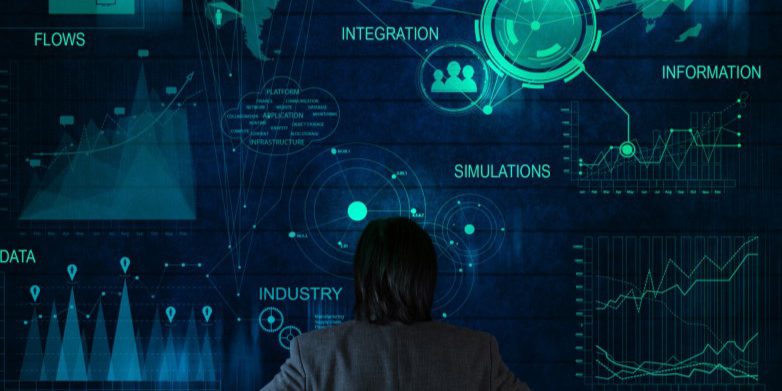The Boon
While there are several ways to describe the advantages of QKD, in this article the authors’ have chosen to approach this challenge from the user’s perspective. Meaning, we desire to provide a useful commentary which addresses the utility of QKD (and its related developments) for an end user and not merely elaborate on the merits of its research or what it could be.
- Generates Unconditionally Secure Keying Material – Leveraging the laws of quantum mechanics, QKD is the only known means which can grow unlimited amounts of symmetric keying material to effectively employ the one-time pad cryptosystem (the only unbreakable encryption scheme known). This formalized information-theoretic security foundation is much stronger than conventional encryption techniques which depend on demonstrated computational complexity. This is precisely why QKD has gained global recognition as an emerging cybersecurity technology in the face of quantum computing advances which threaten other conventional cryptosystems such as RSA.
- Quantum Random Number Generators – In order to maintain their information-theoretic security posture, QKD systems require true sources of randomness. Thus, the advancement of QKD has successfully facilitated the development of quantum random number generators. These devices provide a physical source of randomness based on quantum phenomenon which is desirable for cryptographic devices, software applications, and other industries. Of note, the gaming/gambling industry is said to be the world’s largest consumer of random number generators and a fiscally rewarding enterprise. While QKD upstarts seem to come and go, there is a definite need for cheap and reliable sources of entropy in the commercial market.
- Strengthens the Cybersecurity Field – QKD encourages multidisciplinary collaboration amongst information theorists, engineers, cryptography experts, security professionals, and physicists that may not occur otherwise. Establishing these types of interactions is critical for advancements in several cyber related fields such as quantum communication, quantum sensing, and quantum computing. For example, the integration of computer scientists and quantum physicists is necessary for the development and utilization of quantum computing algorithms. On a related note, QKD has also brought about the occurrence of “Quantum Hacking” (Institute of Quantum Computing, University of Waterloo, 2014). This growing specialty area is testing the security of new quantum technologies and protocols, and perhaps someday, we’ll even have security assessments which include quantum red teams.


